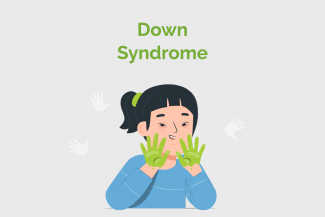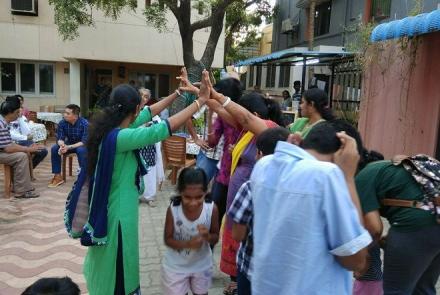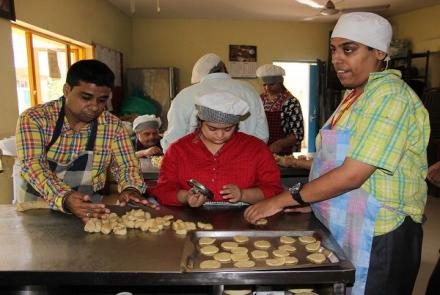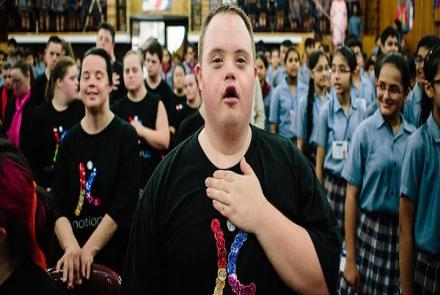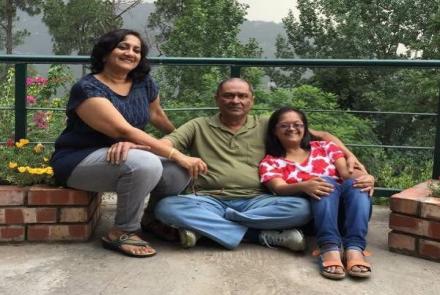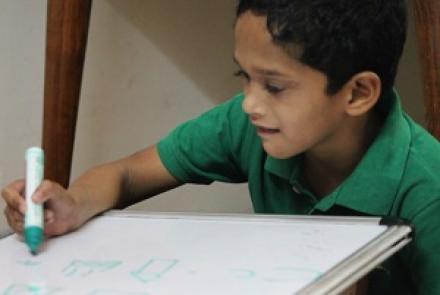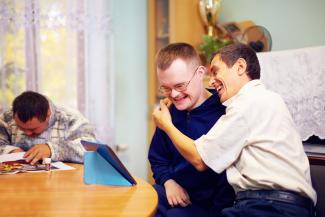
There are 3 types of Down's syndrome based on the causes of Down's Syndrome:
- Trisomy21
- Mosaic Down's Syndrome
- Translocation Down's Syndrome
What are the complications of Down’s syndrome?
It is common for babies born with Down’s syndrome to have some health problems. Most of these problems can be treated. Problems of the heart, lungs and thyroid gland are common. Eyesight problems (crossed eyes, near- or far-sightedness, cataract) hearing loss, obstructed digestive tracts, sleep apnea and childhood leukemia occur with greater frequency inchildren with Down’s syndrome.
Adults with Down’s syndrome are also at increased risk for Alzheimer’s disease, thyroid conditions and sleep apnea. The majority of people born with Down’s syndrome today have an average life expectancy of 55 years, with some living into their 70s. Hirschsprung’s disease (a disease of the large intestine affecting its function) is a relatively rare condition among the general population but it is more common in children with Down’s syndrome.
All people with Down’s syndrome experience cognitive delays, however, the effect is usually mild to moderate and is not indicative of the many strengths and talents that each individual possesses. Children with Down’s syndrome learn to sit, walk, talk, play, and toilet train and do most other activities — only somewhat later than their peers without Down’s syndrome. Children with Down’s syndrome may be more prone to digestive difficulties, including constipation, diarrhea, and gastro-esophageal reflux, and bowel abnormalities.

